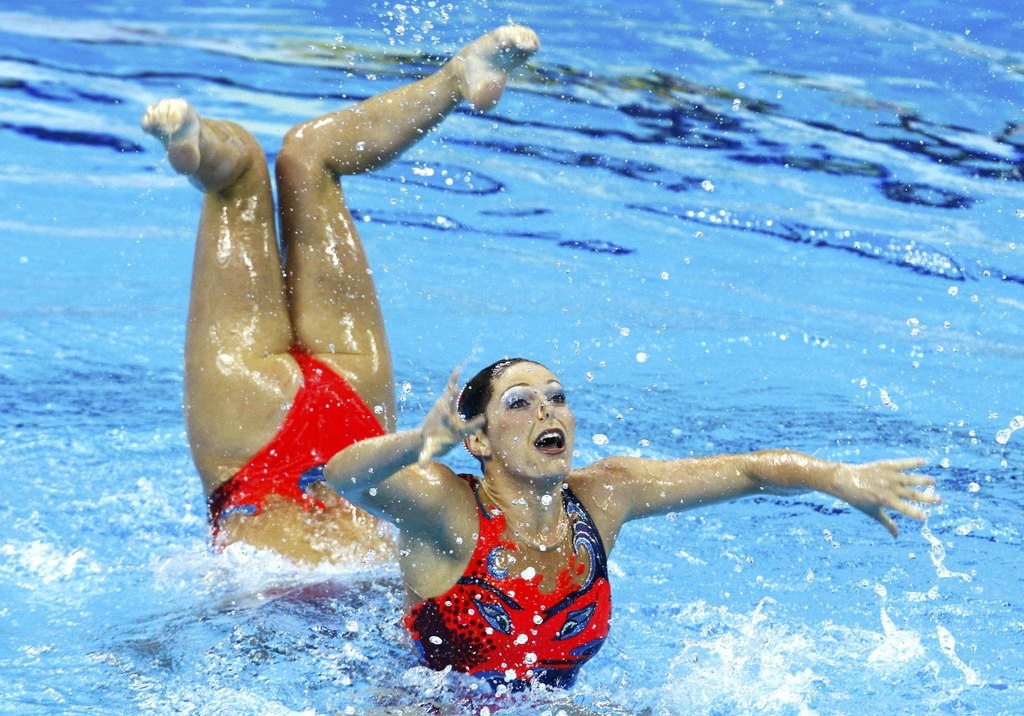The West is not yet planning to synchronize sanctions against Russia and Belarus
 The situation has not changed
The situation has not changed

The draft version of the 13th package of sanctions against Russia includes three Belarusian defense enterprises, six Belarusian citizens, and organizations involved in the illegal removal of Ukrainian children. Thus, for now, the EU does not intend to synchronize sanctions measures against Russia and Belarus and continues to differentiate the Belarusian regime from the aggressor.
The EU is set to adopt a new, 13th package of sanctions on the anniversary of the Russian invasion of Ukraine. The sanctions will impact the Orsha Aircraft Repair Plant and its general director Pavel Sluchak, the Barysau radio-electronic weapons repair plant and its director Valer Shacila, and the Peleng company, which produces optical-electronic products.
The preliminary sanctions list also includes Belarusian citizen Sergei Astafurov, who heads the Russian company STC PROMTEHAERO, Alexey Talai and his charitable foundation, head of the Belarusian Red Cross Dzmitry Shautsou, chairman of the Navapolatsk regional executive committee Dzmitry Dziamidau, the non-governmental organization “Dolphins” and its founder Volha Volkava, a native of Belarus, Vasili Shurpanau, general director of the Nizhny Novgorod Machine-Building Plant.
The foreign ministers of the Weimar Triangle countries (France, Germany, Poland) called for the adoption of the 13th package of sanctions against Russia. It should be aimed at combating sanctions circumvention, strengthening compliance with existing restrictive measures, and implementing further sectoral and individual sanctions aimed, in particular, at limiting Russia’s ability to wage war. In this context, it is necessary to formulate targeted sanctions against Belarus in such a way as to prevent it from becoming a center for circumventing EU sanctions against Russia, while clearly differentiating it from the aggressor.
While the EU is developing new restrictive measures against the regime, other European countries (mainly Eastern Europe) continue to complicate life for ordinary Belarusians. Thus, the Chairman of the Lithuanian National Security Committee, Laurynas Kasciunas, announced a new initiative regarding citizens of Belarus and Russia who live in the country. He proposes that frequent visits to the homeland be grounds for termination of residence permits in Lithuania issued to Belarusians and Russians. We are talking about traveling more than once a month over the past 12 months. Another of his initiatives is to deprive citizens of Belarus and the Russian Federation who have the right to permanent residence in Lithuania from the opportunity to participate in local elections.
The Czech Republic also intends to extend the ban on issuing visas and residence permits to Belarusians. This ban is in effect until March 31, 2024, and it is planned to make it indefinite, as the Russian-Ukrainian conflict drags on. The essence of the restrictive measures remains the same, and exceptions remain for family members of EU citizens and for humanitarian reasons (civil society, activists, journalists).
In turn, the Budgetary and Financial Commission of the Latvian Seimas is considering a proposal to ban participation in government procurement for those companies that cooperate with Belarus and Russia. This measure was proposed by the National Association “Everything for Latvia!” — “For Fatherland and Freedom/LNNK”
Subscribe to our newsletter




Situation in Belarus
Constitutional referendum: main consequences


 Video
Video
How to count the political prisoners: are the new criteria needed?


 Video
Video
Paternalism In Decline, Belarusian Euroscepticism, And The Influence Of Russia


 Video
Video












